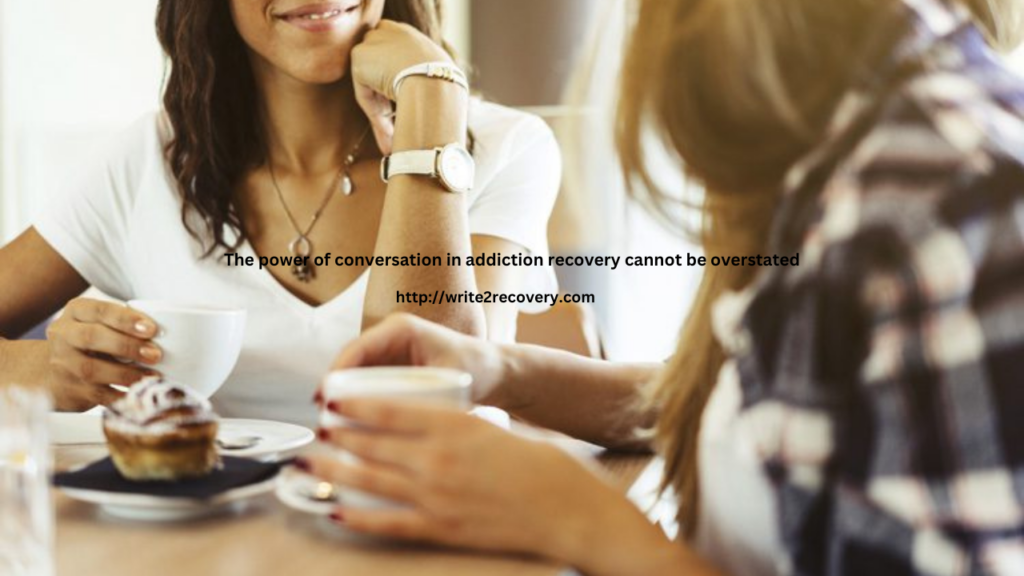
Addiction is often a lonely and isolating experience, leaving individuals trapped in silence, shame, and self-doubt. Many people struggling with substance use fear judgment, rejection, or misunderstanding, making it difficult for them to seek help. However, one of the most powerful tools for healing addiction is conversation. Talking—whether with a trusted friend, family member, therapist, or support group—can provide the encouragement, understanding, and motivation necessary for recovery.
Conversation has the power to break down barriers, challenge negative self-perceptions, and inspire change. By opening up about addiction, individuals can find support, gain new perspectives, and begin their journey toward healing.
Breaking the Cycle of Silence
Silence can be one of the most significant obstacles in addiction recovery. Many individuals hesitate to talk about their struggles because of fear or shame, leading to increased isolation. The longer someone remains silent, the stronger addiction’s hold becomes.
When individuals begin to speak openly about their experiences, they challenge the stigma surrounding addiction. Talking about struggles with substance use helps normalize the conversation, making it easier for others to seek help as well. It also allows individuals to acknowledge their pain and take the first step toward healing.
How Conversations Promote Healing
- Providing Emotional Relief – Bottling up emotions can be overwhelming, leading to increased stress, anxiety, and even relapse. Talking about feelings in a safe space provides relief and allows individuals to process their emotions in a healthy way.
- Building Trust and Connection – Addiction often damages relationships, creating distance between individuals and their loved ones. Honest conversations help rebuild trust, foster understanding, and strengthen relationships that provide critical support in recovery.
- Encouraging Accountability – Speaking openly about addiction can help individuals stay accountable. When people share their goals and struggles with someone they trust, they are more likely to stay committed to their recovery journey. Supportive friends, family, or sponsors can offer encouragement and reminders when challenges arise.
- Reducing Shame and Guilt – Many people struggling with addiction carry deep feelings of shame and guilt. Conversations with compassionate individuals can help reframe these emotions, replacing self-blame with self-compassion. Understanding that addiction is a medical condition rather than a moral failing can be transformative.
- Gaining New Perspectives and Solutions – Conversations provide opportunities to gain insight from others who have faced similar struggles. Whether through therapy, support groups, or one-on-one discussions, hearing different viewpoints can offer valuable coping strategies and encouragement.
The Role of Support Networks
Support groups such as Alcoholics Anonymous (AA) and Narcotics Anonymous (NA) are built on the principle of healing through conversation. These meetings create a judgment-free space where individuals can share their experiences, receive support, and learn from others who have been in their shoes. The simple act of listening and being heard fosters a sense of belonging and hope.
Family and friends also play a critical role in recovery. When loved ones engage in open and nonjudgmental conversations, they create a supportive environment where individuals feel safe to share their struggles and successes.
Conclusion
The power of conversation in addiction recovery cannot be overstated. Talking breaks down walls, fosters connection, and provides the emotional support necessary for healing. By embracing open dialogue, individuals struggling with addiction can find the encouragement and understanding they need to move forward. Healing begins with a single conversation—one that replaces shame with hope and isolation with connection.